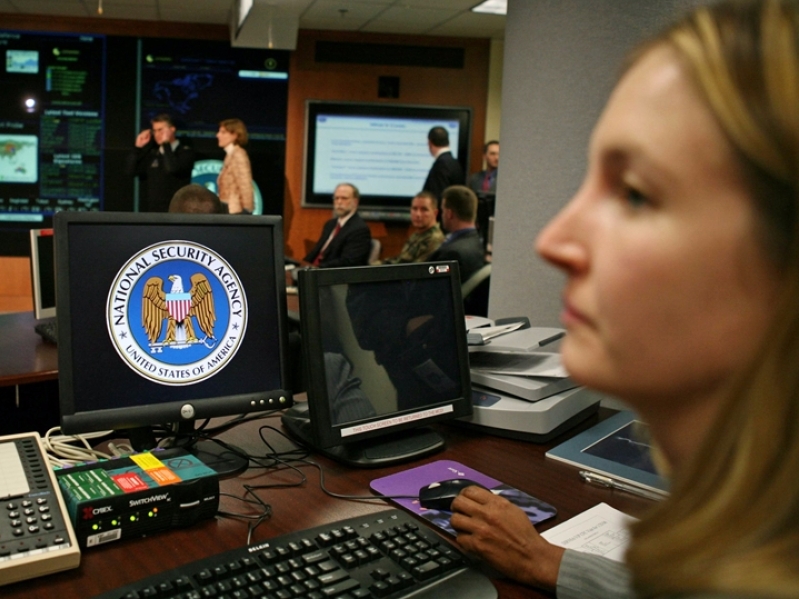
A U.S. Federal appeals court has ruled that the National Security Agency cannot collect wholesale phone call data. The decision, penned by Judge Gerard E. Lynch, sent shockwaves across the intelligence community as it said that the telephone metadata collection program by the NSA is illegal under the Patriot Act, reported CNN.
The U.S. government and the security sectors have long believed they have the authority to collect phone call data under the Patriot Act, which has been placed after the September 11, 2001 attacks in the U.S. The authority is set to expire in June but lawmakers debate whether to extend it beyond that.
Former government contractor Edward Snowden first made public about the program when he leaked detailed sensitive intelligence gatherings by the NSA in June 2013. In his leaks, Snowden provided the public a view of how the NSA collects data from nearly all phone calls placed in the U.S. and compare them against known contact data of suspected terrorist. The program allows NSA to collect metadata, including phone numbers, time of the call and its duration, and then saves the information in a database.
In their 97-page decision, the three-member judges of the U.S. Second Circuit Court of Appeals described the program as "exceeding the scope of what Congress has authorized." Lynch cited a text in the Patriot Act which he said, "cannot bear the weight the government asks us to assign to it, and that it does not authorize the telephone metadata program."
"In light of the asserted national security interests at stake, we deem it prudent to pause to allow an opportunity for debate in Congress that may (or may not) profoundly alter the legal landscape," Lynch wrote in the decision as he expressed disbelief over the staggering volume of the information sought by the program.
Republican Senator Marco Rubio of Florida, who is also eyeing the presidency in 2016, took on the Senate floor defending the NSA program shortly after the court decision was announced.
He said in a privilege speech, "A perception has been created, including by political figures who serve in this chamber, that the United States government is listening to your phone calls or going through your bills as a matter of course. That is absolutely and categorically false."
The U.S. Congress is currently promulgating the USA Freedom Act, which could drag the nail in the NSA phone data collection program's coffin. The bill was a compromise deal between the minority Democrats and the Republican-led House, which has blocked efforts to reform the Patriot Act.
The American Civil Liberties Union (ACLU), the main plaintiff in the case, issued a statement welcoming the decision and described it as victory for American civil rights. It added that the ruling was the right step toward following the rule of law, reported CNET.
ACLU staff attorney Alex Abdo, who argued the case before the three-judge panel in September, said in a statement. "This decision is a resounding victory for the rule of law," "For years, the government secretly spied on millions of innocent Americans based on a shockingly broad interpretation of its authority. The court rightly rejected the government's theory that it may stockpile information on all of us in case that information proves useful in the future. Mass surveillance does not make us any safer, and it is fundamentally incompatible with the privacy necessary in a free society."
The National Security Council commented on the decision, "We are in the process of evaluating the decision handed down this morning. Without commenting on the ruling today, the president has been clear that he believes we should end the Section 215 bulk telephony metadata program as it currently exists by creating an alternative mechanism to preserve the program's essential capabilities without the government holding the bulk data. We continue to work closely with members of Congress from both parties to do just that, and we have been encouraged by good progress on bipartisan, bicameral legislation that would implement these important reforms."





![[Exclusive Interview] A revelation within the brink of life and death — Meg Leung’s mission in Christian art](https://www.gospelherald.com/media/cache/thumbnail/7/21/72163sp_273w_150h_1x_1y.jpg)

